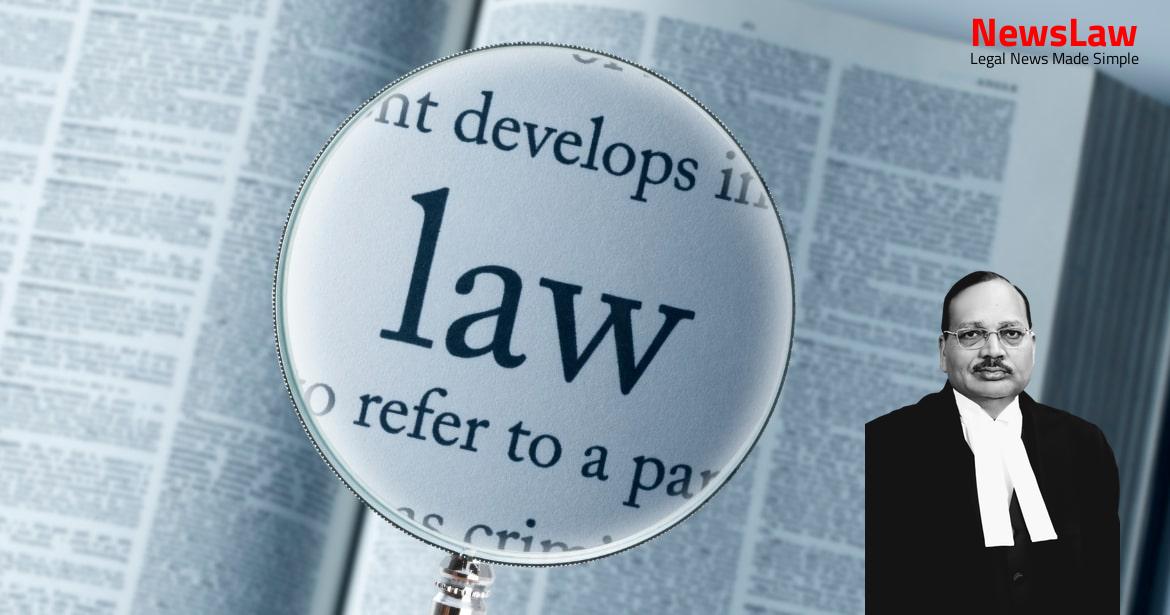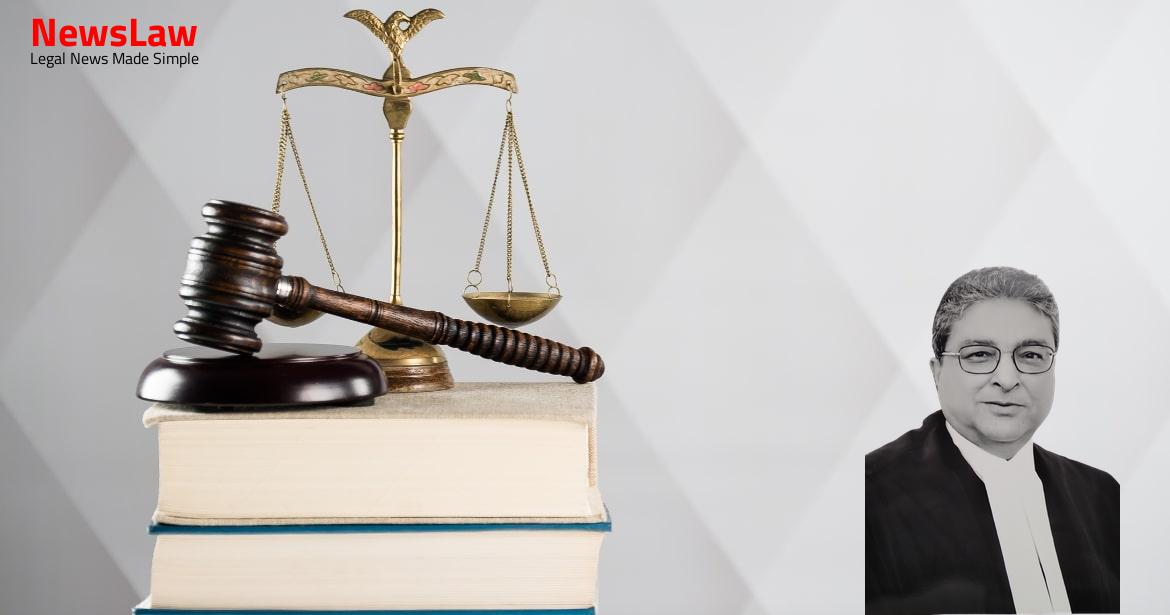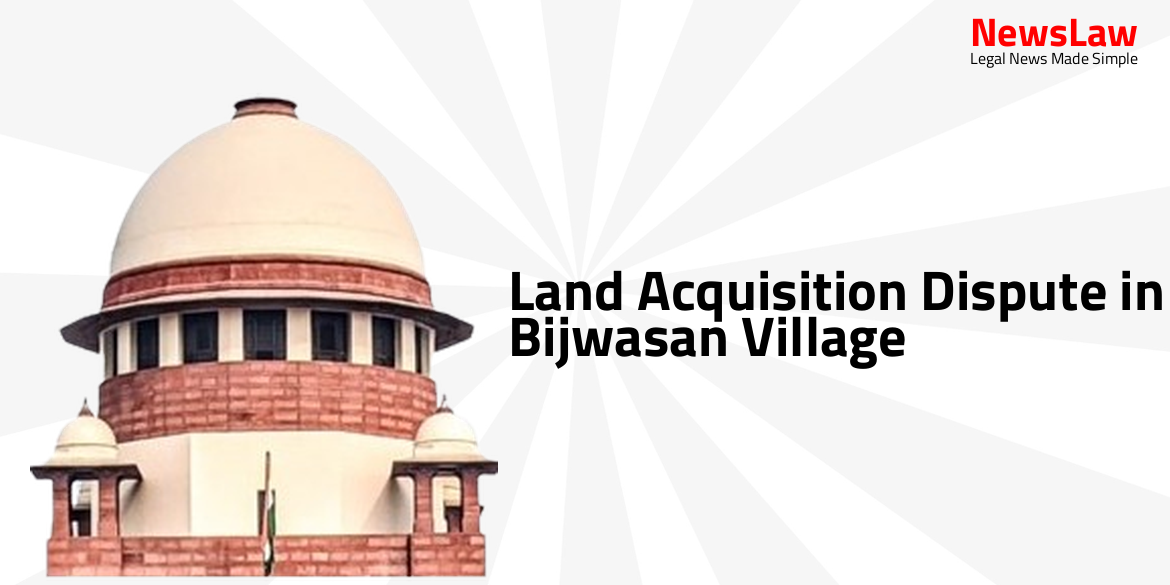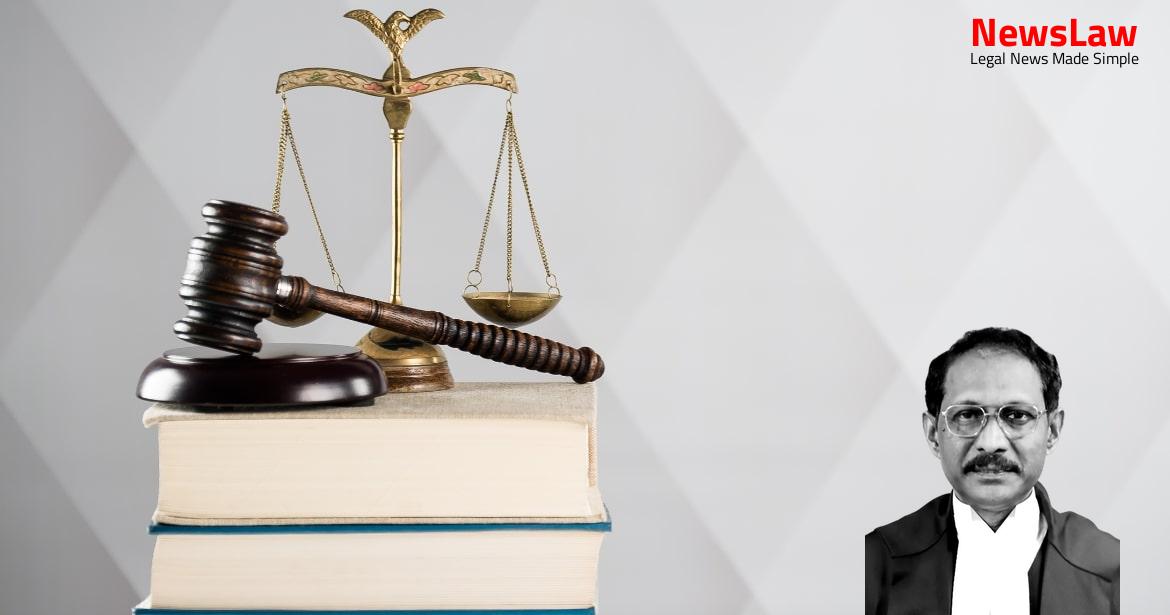The recent judicial review of funeral rites protocols has sparked important discussions on how courts navigate the intersection of public health mandates and religious freedoms. Discover the insightful legal analysis that unravels the complexities of this case and the implications it holds for similar situations.
Facts
- The Solicitor General agreed to intervene in the matter.
- The case involves a fundamental right under Article 25 of the Constitution and concerns regarding public health during the pandemic.
- A petition was filed before the High Court by the Surat Parsi Panchayat Board seeking permission for funeral rights in the Dokhmas of the Parsi Zoroastrian community.
- The protocols notified by the Union Government on 15 March 2020 regarding the disposal of dead bodies conflict with the Zoroastrian faith.
- A grievance was raised based on this conflict.
- The High Court dismissed the petition.
Also Read: Electoral Malpractices in Mayor Election
Arguments
- The guidelines issued by the Union Government in the Ministry of Health and Family Welfare do not consider the concerns of the Zoroastrian community regarding funeral rites.
- Learned Senior Counsel argues that the proposed guidelines can address public health and safety concerns while respecting the sanctity of the Zoroastrian faith.
Also Read: Balancing Power and Transparency: Electoral Bonds Struck Down, Disclosure Mandated
Analysis
- The protocol and standard operating procedure for handling dead bodies of Parsi Zoroastrian COVID-19 victims have been agreed upon by the petitioners and the Union of India.
- The management of dead bodies in the Zoroastrian religion strictly adheres to specific rules to ensure the separation of the corpse from living persons with dignity and respect.
- Normal Zoroastrian ritual practices already comply with the COVID-19 requirement of separating the dead from the living without physical contact.
- Parsi Zoroastrians have a religious obligation to dispose of the dead in the Tower of Silence, further emphasizing the need for protocol adherence.
- The final funeral prayers over the dead body will be conducted by two Zoroastrian priests in PPE, maintaining a distance of 10 feet.
- The Nassasalars, professional corpse bearers, will handle the bodies and follow strict PPE guidelines to prevent exposure to the virus and animals.
- A metallic bird net will be installed over Dokhma-No 3 to prevent intrusion by vultures during the body’s exposure to the sun for disposal at the Tower of Silence.
- The dialogic process of judicial review can provide effective solutions and promote harmony.
- Both parties adopted a fair stand in ensuring that the issues raised were amicably resolved.
- The cooperation between the parties contributed to the acceptable outcomes in the case.
Also Read: Recall of Resolution Plan Approval: Legal Analysis
Decision
- Pending applications disposed of
- Appeal disposed of
- Protocol and Standard Operating Procedure accepted
- Order passed in accordance with the joint statement on record
- Writ petition to be governed by agreed statement on record
- Judgment of Division Bench of High Court of Gujarat dated 23 July 2021 set aside
Case Title: THE SURAT PARSI PANCHAYAT BOARD Vs. UNION OF INDIA (2022 INSC 154)
Case Number: C.A. No.-001067-001067 / 2022



